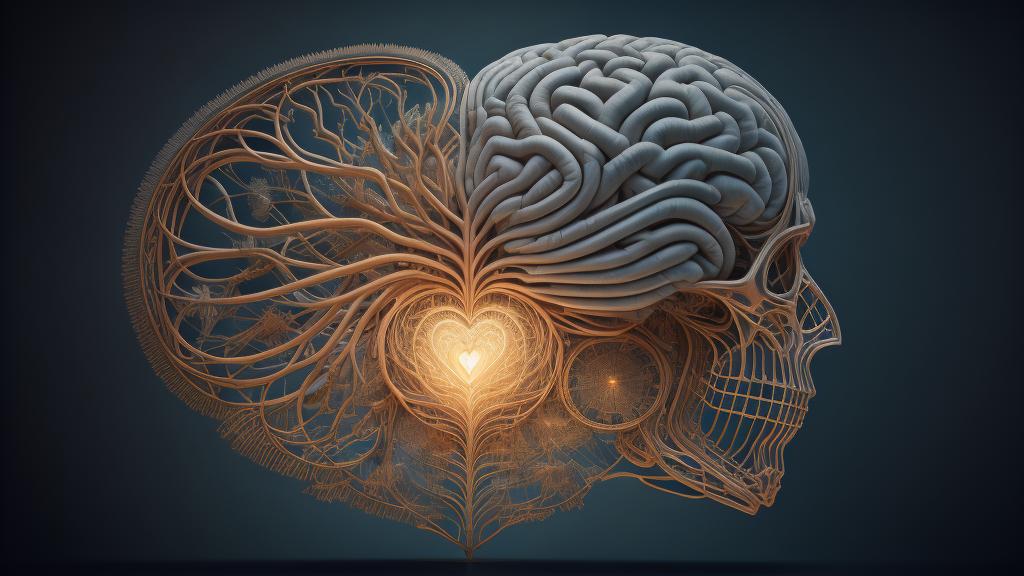In the realm of human experience, few phenomena are as universally acknowledged yet as perplexing as intuition. Whether you call it a gut feeling, a sixth sense, or simply an uncanny hunch, intuition seems to bypass rational analysis and present us with conclusions that feel inherently right. But what exactly lies behind this seemingly mystical faculty?
Intuition has often been relegated to the mystical domain, considered akin to psychic ability or spiritual insight. However, recent scientific investigations have begun to explore intuition from a different angle, offering compelling theories that de-mystify its origins and mechanisms.
Leading the charge in understanding intuition is cognitive science, which suggests that intuitive judgments stem from our brain's ability to recognize patterns. This unconscious process happens quickly and is honed by past experiences, memories, and learned behaviors. For example, seasoned professionals, whether athletes, detectives, or artists, often rely on split-second assessments made entirely on intuition, drawing on their vast reserves of expertise to reach conclusions without conscious deliberation.
Neuroscientists have also delved deep into the workings of intuition, using brain imaging technology to observe the areas activated during intuitive thought. Results show that intuition activates different regions of the brain compared to linear reasoning. The right hemisphere, associated with processing big-picture concepts, seems to take the lead, offering insights that the analytical left hemisphere may overlook.
Perhaps one of the most fascinating aspects of this exploration is the study of the heart. Technological advances have revealed that the heart emits a measurable electromagnetic field that interacts with the brain. The field of neurocardiology posits that the heart's signals can positively influence decision-making and intuitive clarity. Heart-focused meditation and coherence practices are gaining traction as ways to enhance intuitive abilities, suggesting that our emotional center plays an integral role in these mystical experiences.
Skeptics might argue that intuition is merely an amalgam of subconscious cues and biases, and while such factors undoubtedly contribute, reducing intuition to mere chance undermines its profound impact. Stories abound of people who have saved their own or others' lives through simple intuitive decisions, predicting outcomes and making split-second choices that logic alone would not suggest. These instances, while difficult to quantify or predict, exemplify the extraordinary potential of our intuitive senses.
The quest to understand intuition does not diminish its wonder but rather enhances it by placing it firmly within the human experience. As researchers continue to unpack its complexities, the line between the mystical and the empirical gets beautifully blurred, suggesting that our ancient instincts could be our most sophisticated tools.
In embracing intuition, it's important to strike a balance between trusting our inner voice and seeking external validation when necessary. Intuition is not infallible, but when developed consciously, it can guide us through life’s uncertainties with confidence and purpose.
Ultimately, by exploring the unseen threads of intuition, we open ourselves to a world of possibilities, where science and spirituality coexist and collaborate. This harmonious blend fosters not only personal growth but also a deeper connection to the world around us, inviting us to trust the whisperings of our inner selves as we navigate the journey of life.
Exploring the unseen: the science behind intuitive experiences

